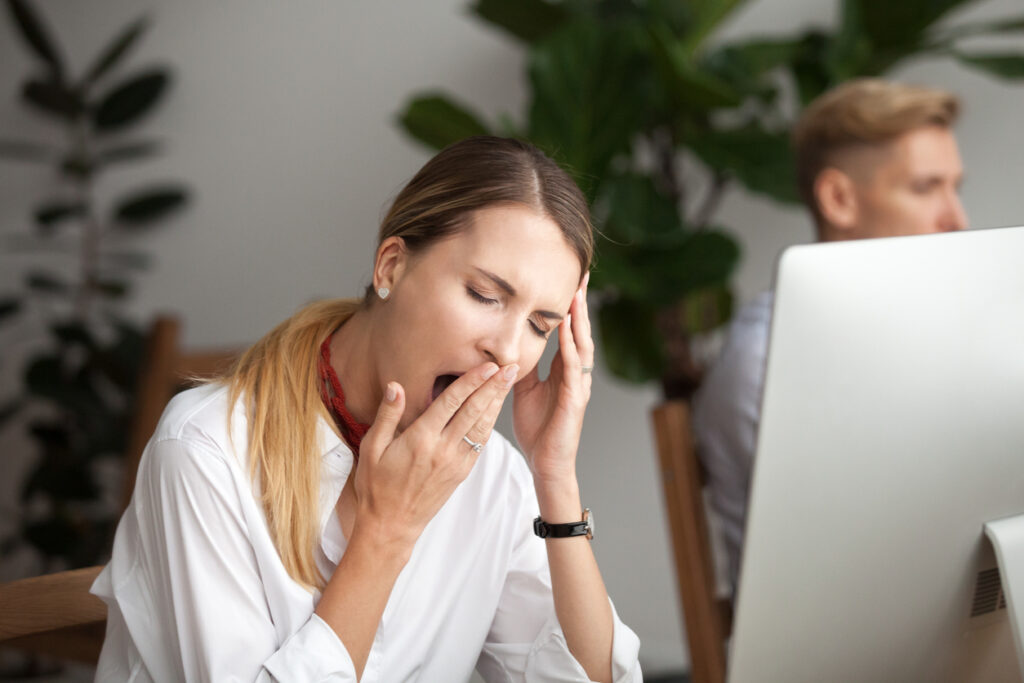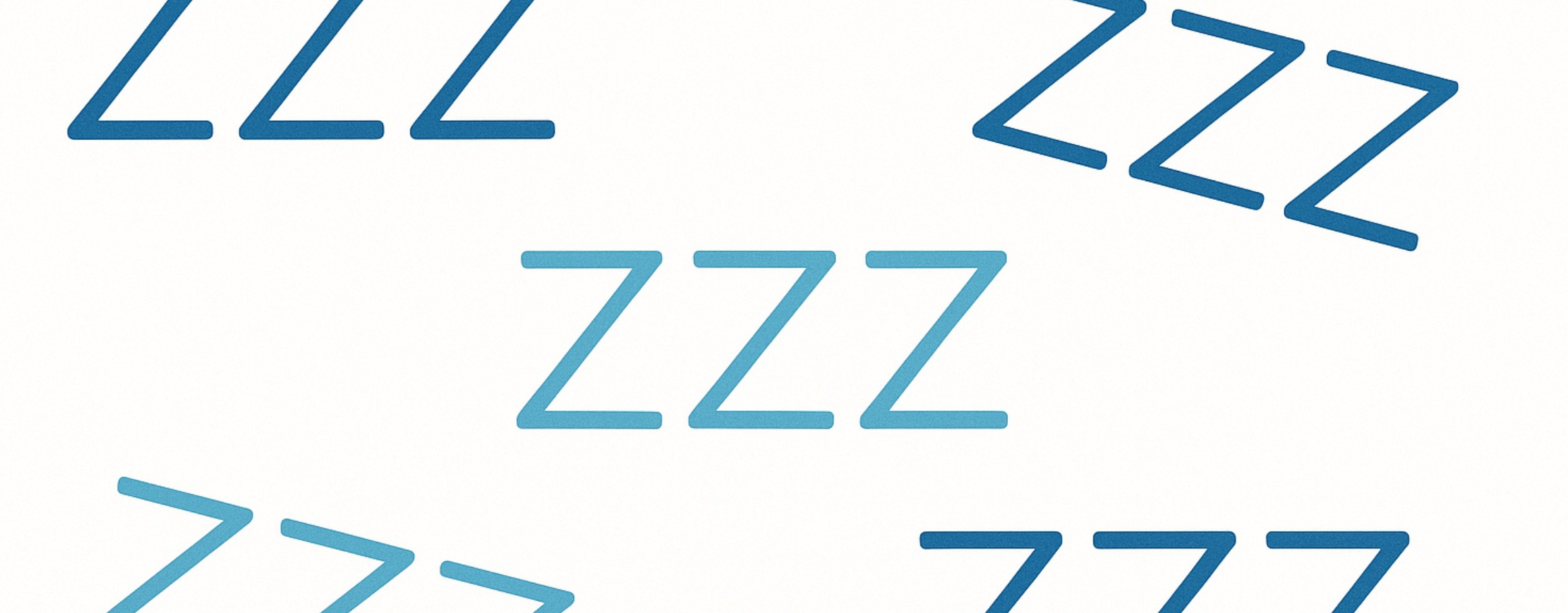What Is Sleep Apnea?
Sleep apnea is a serious sleep disorder where your breathing repeatedly stops and starts during the night. It affects millions of adults, especially those between ages 35–70, and it often goes undiagnosed. If left untreated, sleep apnea doesn’t just cause fatigue—it increases your risk for stroke, heart disease, Type 2 diabetes, dementia, and even premature death.
10 Signs You Might Have Sleep Apnea
- Loud, Chronic Snoring
Almost everyone with sleep apnea snores. If your partner complains about your snoring regularly, don’t brush it off.

- Pauses in Breathing While Sleeping
Bed partners often notice these pauses first. They’re the classic sign of obstructive sleep apnea.
- Gasping or Choking at Night
Your airway may be collapsing, forcing your body to jolt awake just to breathe.
- Excessive Daytime Sleepiness
If you’re nodding off at work, in front of the TV, or even while driving, your sleep may not be restful. The Epworth Sleepiness Scale is a great way to see if your sleepiness is more than a healthy amount. Test yourself here. A score of 10 or more is TOO high and very unhealthy and should be addressed.

- Morning Headaches
Low oxygen during sleep can trigger headaches or a “foggy” feeling when you wake.

- Waking With a Dry Mouth or Sore Throat
Mouth-breathing all night is common in sleep apnea sufferers.
- Restless, Tossing and Turning Sleep
Interrupted breathing prevents deep, restorative sleep—leaving you restless all night.
- Trouble Focusing or Forgetfulness
Poor sleep quality impacts memory, focus, and productivity.
- Mood Swings, Irritability, or Depression
Sleep apnea drains your emotional health, often leading to irritability or mood changes.

- Health Problems That Keep Getting Worse
High blood pressure, Type 2 diabetes, and atrial fibrillation are all linked to untreated sleep apnea. In fact, untreated sleep apnea increases your risk of heart disease by up to 140% and stroke by 60%.
Why Treatment Matters
The great news? Sleep apnea is treatable.
CPAP therapy uses continuous air pressure to keep your airway open. While effective, many patients struggle with comfort and long-term use.
Oral appliance therapy is a comfortable alternative. These custom-made devices reposition your jaw slightly forward, keeping your airway open throughout the night. They’re small, silent, portable, and often covered by medical insurance (including Medicare). Hughes Family Dental provides Oral Appliance Therapy for patients that qualify.
Take the Next Step
Sleep apnea isn’t just about snoring—it’s about protecting your health, energy, and quality of life. If any of these signs sound familiar:
👉 Call Healthy Sleep Options at Hughes Family Dental today (502) 538-0505 to find out more, or schedule a free consultation online and learn how we can help you finally sleep better.


